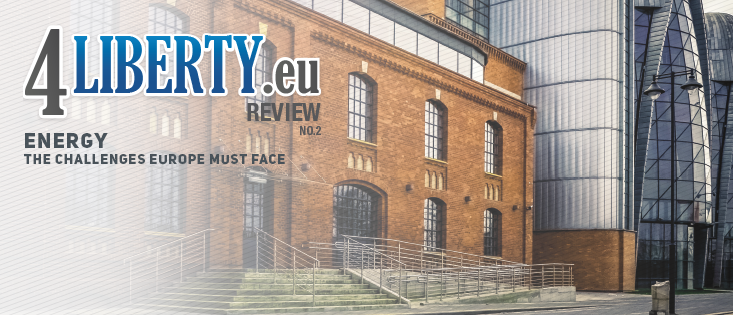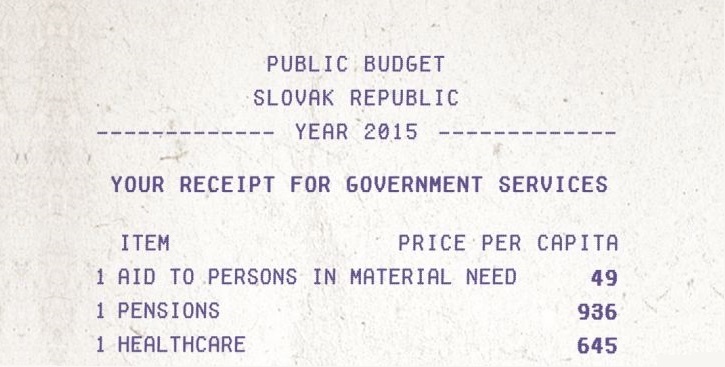
Greece, EU Summits and Political Roller Coaster
BY
Jan Oravec / August 15, 2015
If the hundreds of thousands of entrepreneurs, small and big businesses alike, took as long to deal with their daily existential crises, every last one of them would have already gone bankrupt. At the same time, politicians don\'t have to worry about it.










